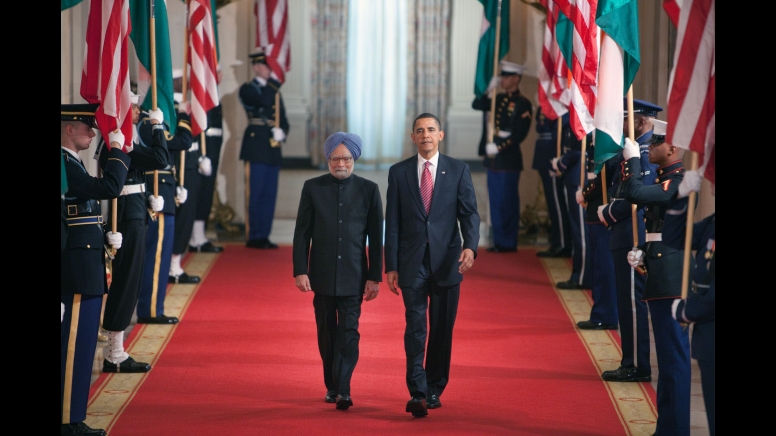Starting in 1990 with less than 1 billion dollars, India has now become the second most favorite destination for the Foreign Investment after China. The interest of foreign investors in Indian markets has increased exponentially in different sectors like Aviation, Construction, Retail (Single as well as multi brand), Broadcast sector etc among the popular ones. India being the potential growing market for Investors, Foreign Investors has sought permission to government for investing in different sectors. This has made the procedure of getting India visa much easier for foreign company representatives. Getting an Indian visa is like a trump card for foreign investors. The recent policy changes in FDI by the Indian government have actually opened new horizons for the foreign companies.
Foreign Direct Investment known as FDI, is direct investment in the production of a country by a foreign company (a company from another country) either by taking over or buying a company in the target country or setting up operations of an existing business in that country. This can be done for the following advantageous reasons:
• Take the advantage of cheaper wages in the country
• Special privileges offered by the government of the country like tax exemptions etc
Initially Indian government had put FDI policies on hold because of oppositions to the policy. In Sep 2012, Government has allowed FDI in sectors
• Multibrand retail upto 51%
• Single brand retail upto 100%
• Aviation upto 49%
• Broadcast Sector upto 74%
The government in the wake of big-ticket economic reforms is likely to allow foreign retailers to sell food items like bread, meat, poultry products in single brand stores. The government has also made a move to give a relaxation in sourcing norms for foreign single brand retails in the sensitive food sector. So an India visa is becoming very important for such companies.
Several foreign companies like Marks & Spencer, a UK company and IKEA, a Swedish company have sought permission to India Government to sell food items in the country. Similar permissions have been sought in aviation sector. The policy to give permission to these companies comes under the norms of FDI (Foreign Direct Investment). The government earlier had put off any decision on the issue, because it faced huge opposition from all sectors of the society. But now the changes in FDI policy have been modified and government is eyeing a huge foreign investment in the country. Issuing Indian visa is also a big business for the government. Foreign investment means more influx of foreigners to the country as a result of which requirement of Indian visa increases.
The government had put a sourcing norm as 30% of the sourcing for the foreign single brand retails should be from local sourcing. The foreign investors are apprehensive on this norm as they want to maintain the same standard of food items across all food stores of their global chain. Easing this norm further, the local sourcing clause is now making the 30% local sourcing (from Indian small industries) as ‘preferable’ instead of making it ‘mandatory’. This has further eased the way for foreign investments.





